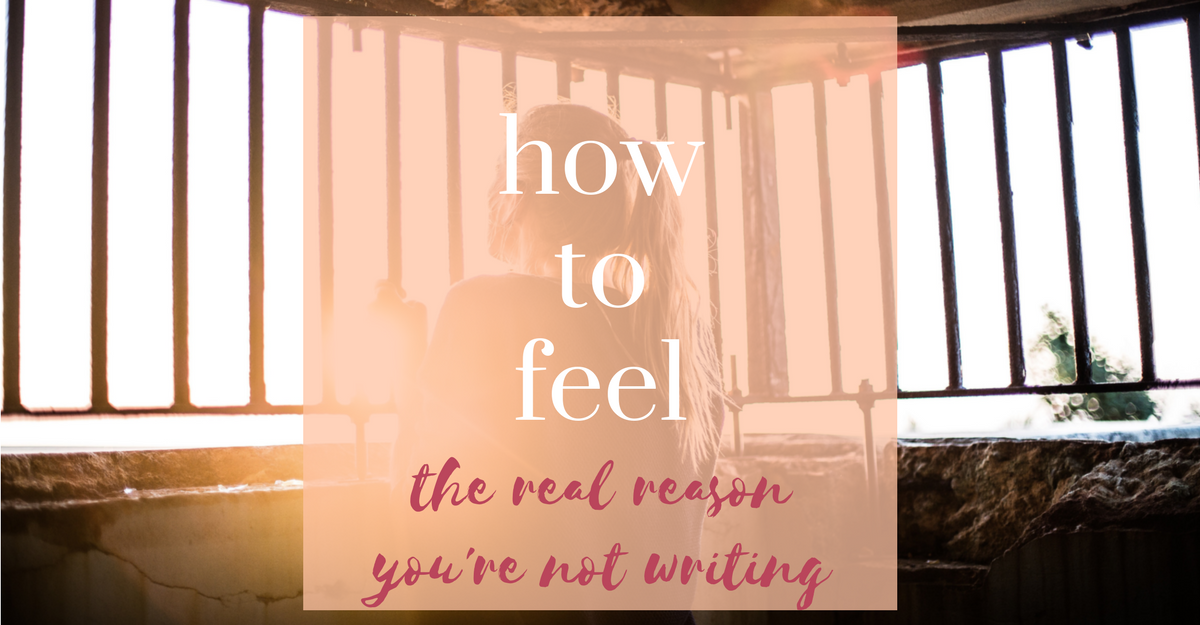When I was 21—and so fresh out of college I was still catching up on sleep—I complained to my mom that I didn’t have anything to write about.
I sighed, propping my elbows on my parents’ perfectly clean kitchen counter and gazing out at the tranquil suburbs that surrounded our house. “I mean, what could I possibly write?” I said. “My life’s just too boring.”
Well, that isn’t true anymore. Within the past year, I’ve lost a parent to cancer, quit my high-paying job without all that much of a backup plan, and canceled a wedding that was only seven weeks away. I’ve moved into an apartment with a hole in the bathroom wall. I’ve gone on dates and said humiliating things during them—for example: “Sorry, I’m a bit out of practice.” I’ve toppled out of a handstand in the middle of a crowded yoga class.
So what did I do? I poured all of the pain, all of the lessons I’ve learned from my father’s slow, horrible illness and the slow, horrible dissolution of my relationship, into a 1,700-word essay. I revised it ten times, until it sounded like me. It was lyrical but real, and still a bit raw about the edges. My mom cried when she read it.
And then I sent the piece to my dream venue. “It’ll be perfect there,” the woman who teaches my nonfiction class told me. I checked my email about a million times a day, looking for the editor’s reply. Every time I got a call from an unknown number, I wondered, “Could this be it?”
Tonight, I got my reply: a form email rejecting my essay. And just in case I was tempted to ask why, the note demurred, “The volume of submissions we receive makes it impractical for me to offer editorial feedback.”
Well, that’s that.
Read More










